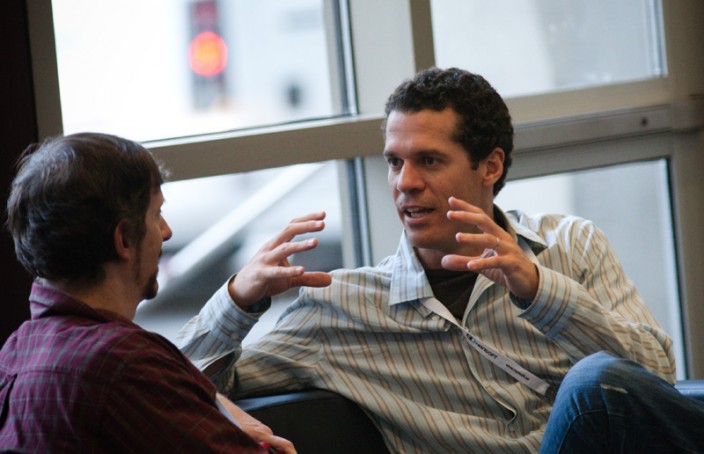Diabetes is a disease that people can get very wrong, very easily.
Assumptions that insulin should be used in times of low blood sugar and that consuming sugary products will kill us are wrong, but quite commonplace.
We’ve compiled a few things that can not only help people improve their understanding of diabetes, but also of the people who manage it on a daily basis.
We do not want pity
The times I have announced that I have type 1 diabetes, or when it has come up in conversation with people I know, and an “Aww” has been uttered by someone are countless.
While the “Aww” is never delivered with an intentional sense of pity, there is no other way of receiving such a response.
Some people have a hard enough time revealing their diabetes to people – the last response they wish to receive is one that makes them feel less able.
Most of the time, people with diabetes are battling to live as much of a normal life as possible. The next time you meet someone diabetic, or someone who is talking about their diabetes, bear this in mind.
We know what we can eat and drink
“You can’t have that, can you?” “Yes, I can. I know what I’m doing.”
Inevitably, this is a conversation had by many people with diabetes, most likely when a sugary product is being consumed.
Diet management is a crucial aspect of diabetes control, and the importance of knowing what we can eat and when is drilled into people with diabetes imminently following their diagnosis.
Similarly, much to the disbelief of some, people with diabetes can drink alcohol (providing they are over 18, of course). While we have to manage blood sugar levels vigilantly, we can still enjoy a pint of beer or a glass of wine the same as everybody else.
We have a sense of humour
Contrary to the theme of the first two points, a sense of humour shutdown is not one of the side effects of having diabetes.
For some people, laughing about their diabetes may seem inappropriate, and in such cases their boundaries should be respected.
However, for others, myself included, a little self-deprecation regarding my diabetes is one way of not dwelling on the negatives.
Laughing about unfortunate times hypos have occurred have provided me with some relatively amusing anecdotes over the years that can make one feel less of a victim of diabetes.
Providing your diabetes is well managed, there is no reason why you shouldn’t be allowed to have a sense of humour about your condition. The more accepting of your diabetes you are, the easier it will be for others to understand it as well.




